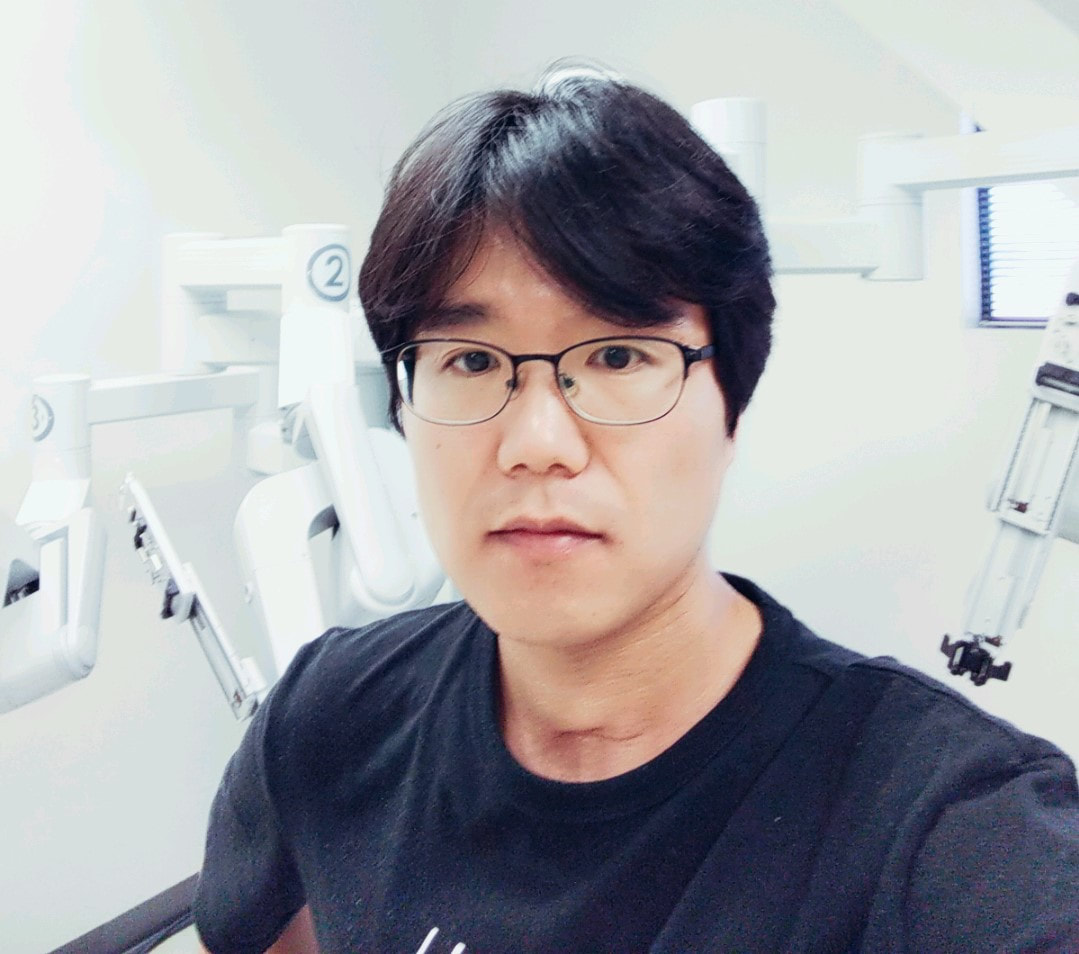| My main research interest is autonomous systems and robotics as well as simulation technologies in medicine. During my Ph.D. studies and the postdoc period at the University of Arizona, I have mainly focused on development of medical robotic systems especially for minimally invasive surgery (MIS) training. MIS has been widely performed in the last three decades and is integrated into modern day surgical practice. Its advantages are widely acknowledged, with benefits of minimizing blood loss, post-operative pain, and reducing recovery time. However, this surgical technique is more challenging than open surgery and has a steeper learning curve. This is due to the need for special surgical instruments, laparoscopes and logistical issues of viewing the 3 dimensional (3D) operating field on a 2 dimensional (2D) digital display. Given the complexity of learning and performing MIS, it is required to develop novel simulation-based training systems which enhance training procedures in non-patient based settings. I have been developing a novel training system called Computer-Assisted Surgical Trainer (CAST) for laparoscopic surgical skills training with my supervisor, Dr. Jerzy W. Rozenblit, through the NSF grant in Smart and Connected Health Program. As a lead researcher, I designed a visual and force guidance system as well as an assessment system to actively assist a trainee. Given a specific training task, CAST can provide visual and force guidance to assist a trainee using augmented reality (AR) rendering to convey depth information and fuzzy adaptive sliding mode controllers to adjust force feedback based on a trainee’s performance, respectively. Also, a scoring system with achievable goal-based evaluation metrics such as total time, idle time, average speed, path length, and direction profile has been developed to evaluate trainees’ performance objectively. Currently, I am designing a “virtual coaching” system which provides personalized learning programs tailored to individual strengths and weaknesses for both standard laparoscopic surgery training and robotic surgery training. Computer-assistance in the form of guidance for manipulation of robotic arms or standard laparoscopic surgery instruments can be a step forward towards virtual coaching systems and, subsequently, improved and more efficient training. The novel guidance systems will ultimately improve patients’ safety as well as surgeons’ skills acquisition and maintenance. During my master’s degree studies, I developed a mobile robot for mobile haptic interface in large immersive virtual environments. Based on the human-machine interaction research outcomes with current research outcomes in medicine, I am pursuing a robotic nursing assistant system through a Postdoctoral Research Development Grant. The COVID-19 pandemic has changed our lives in many ways. Especially, in hospitals, we may need robotic systems to assist healthcare workers by minimizing workers exposure to patients with the highly contagious virus. A robotic nursing assistant is envisioned to be an intelligent system which consists of sensing, perception, and actuation layers. The initial research of the robotic nursing system will be a basis for the future research. The novel robotic systems are not limited to medical domain but can also be applied for various applications such as space exploration and rescue operations. | Dr. Minsik Hong was awarded a Postdoctoral Research Development Grant (PRDG) from the University of Arizona for a project titled “Robotic nursing assistant using a wheel-based robot with machine learning”. |
|
0 Comments
|
SpotlightEach month we'll feature a Postdoctoral Scholar and their research, sharing their experiences from the UA, life in Arizona and their research interests. Archives
November 2022
Categories |

 RSS Feed
RSS Feed
